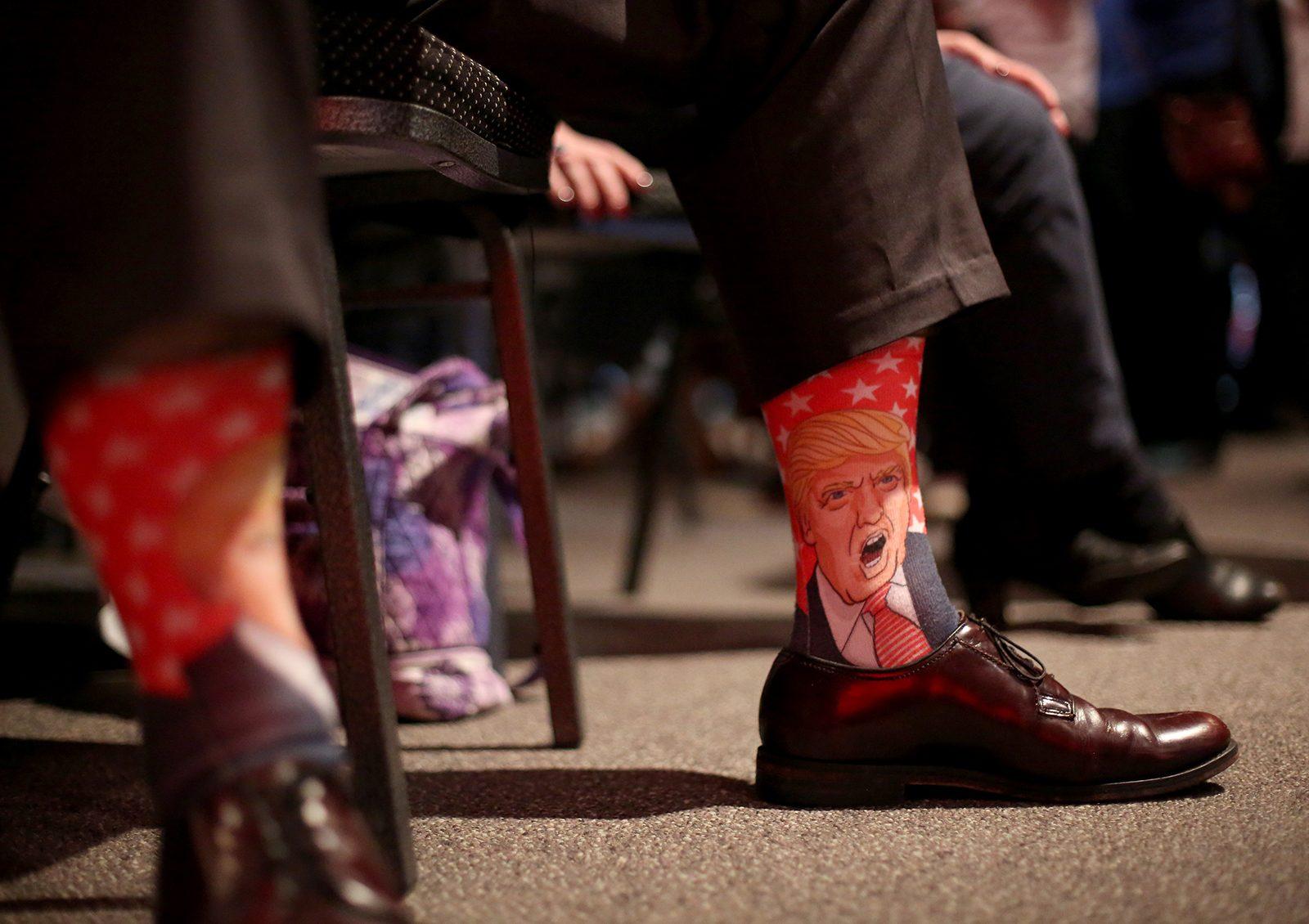Despite past voting problems with dangling chads and missing ballot boxes, new voting machines may sacrifice the validity of elections and add to the problems already associated with voting in the United States.
University of Connecticut computer science professor Alexander Allister Shvartsman spoke about voting technology and the impact it has on election integrity at the Massachusetts Institute of Technology last night.
Shvartsman argued voting reliability is compromised as voting technology develops and electronic machines replace lever systems, claiming his technological team easily hacked into Direct Recording Electronic systems, a popular touch-screen voting machine, and in about eight minutes rewrote the election results.’
‘Most states do not audit their technology, and that is the major problem,’ he said.
Shvartsman also said his team hacked into the AccuVote Optical Scan, a machine that processes votes like a standardized test scanner and requires voters to fill out a uniquely designed scantron that processes votes instantaneously.
The team revealed that the machine’s memory card was capable of storing information just like a typical computer system, allowing any motivated person to potentially alter the results of an election through the use of the Internet and some clever tactics, he said.
‘This research is more important now because there is so much at stake,’ he said. ‘Many systems were built with complete disregard for engineering issues.’
Both DREs and AccuVote OS machines provide no direct voter-verified paper trail, so there is no way to audit an election, Shvartsman said.
‘The hanging chad provided the evidence of human beings trying to vote,’ he said.
Though he is an electrical engineering and computer science professor, Ronald Rivest agreed with Shvartsman and said security should stay simple to protect the opinions of voters.
‘Personally, I am conservative on security and think low tech is the best solution,’ Rivest said.
MIT alumnus Craig Schaffert said he favors low-tech voting devices because people have physical evidence of their vote.
‘The electorate must have confidence in the voting system, and that means you need some transparency,’ he said.
E-voting machines easy to hack, expert claims
By Daily Free Press Admin
•
October 24, 2008
0
Donate to The Daily Free Press
Your donation will support the student journalists of Boston University. Your contribution will allow us to purchase equipment and cover our annual website hosting costs.
More to Discover




















































































































